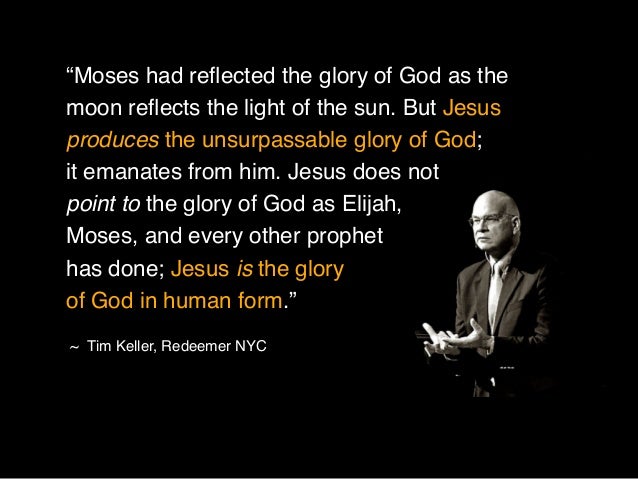
Do
you not say, ‘There are still four months and then comes the harvest’? Behold, I say to you, lift up your eyes and
look at the fields, for they are already white for harvest! (John 4:35)
I recall the first time my father put me on a
bicycle. “I can’t do it!” I
screamed. He continued to work with me,
I fell several times, but at last I learned to ride. My father knew the ability was in me if I
would develop it. When we are confronted
with the responsibility of sharing our faith, we may become ashen white, and
our knees begin to knock. We think, “I
can’t do it!” Yet, we have the Holy
Spirit within us to enable us—if we are willing to learn. Jesus sets the standard for
soul-winning. In the fourth chapter of
John’s Gospel, we can see how it is done.
Jesus had a passion for His mission. He was ever about doing His Father’s business
of making disciples. Christ felt
compelled to take a trip to Samaria (v.1-4). There was a thirsty soul there—waiting to
drink of the Well of Salvation. Jews
didn’t do this, however, as racial and religious prejudice were barriers to
interchange with the Samaritans. Jesus
was not going to yield to such sinful thinking.
He was into building bridges rather than barricades. There are really only two kinds of people—those
who are saved and those who need to be—and God has given His children the task
of leading the lost to eternal life.
It was a long walk to Samaria. Jesus pressed on, for He had an appointment
to keep (v.5-7). God gives us these
divine appointments, if we are attentive.
He brings us repeatedly into the intersection of testimony and
opportunity. Today we may find ourselves
in apparently random encounters with many different folks. These are not coincidental, but providential,
if we will be conscious of our mission, and listen for the Spirit’s prompting
to present the Gospel. Jesus saw in the
woman who came to Jacob’s Well to draw water, a deeper spiritual thirst in her
soul. People like this are
everywhere. We see them every day. Do we look beyond the surface, however, and
listen to the longing of their heart?
The Supreme Soul-winner engages her in conversation
(v.10-14). His starts where she is and
naturally turns the conversation to her spiritual need. There is an art to doing this, and we can
learn how. Once the conversation turns
to the Gospel, we must work to prevent it from being side-tracked. The woman, perhaps growing uncomfortable with
the direction the discussion was taking, does what sinners often do, brings up
religion and starts raising objections (v.15-20). She knew that her repeated marital failures
and her current status of living with a man outside of marriage were
wrong. Her conscience was convicted and
she didn’t want to face it, so she brings up “denominational differences,” so
to speak.
Jesus redirects the dialogue back to the central
matter—belief in Him that would bring her salvation (v.21-27). One of the reasons we are often fearful of
sharing our faith is the concern that others will raise all kinds of theological
questions that we cannot answer. While
we should be prepared to have these discussions, our real purpose is to bring
people to the core issue—“What are you going to do with Jesus? Will you believe in Him?” The woman was transformed and becomes a
soul-winner herself (v.28-42)! The
result was a great harvest of souls.


















